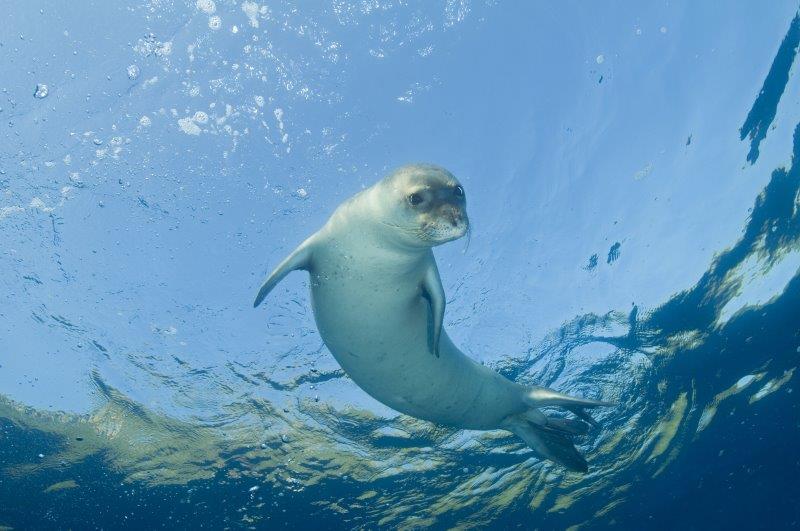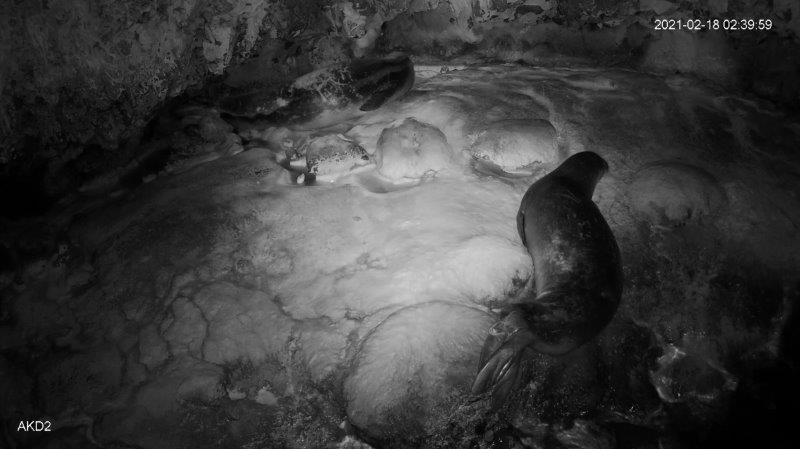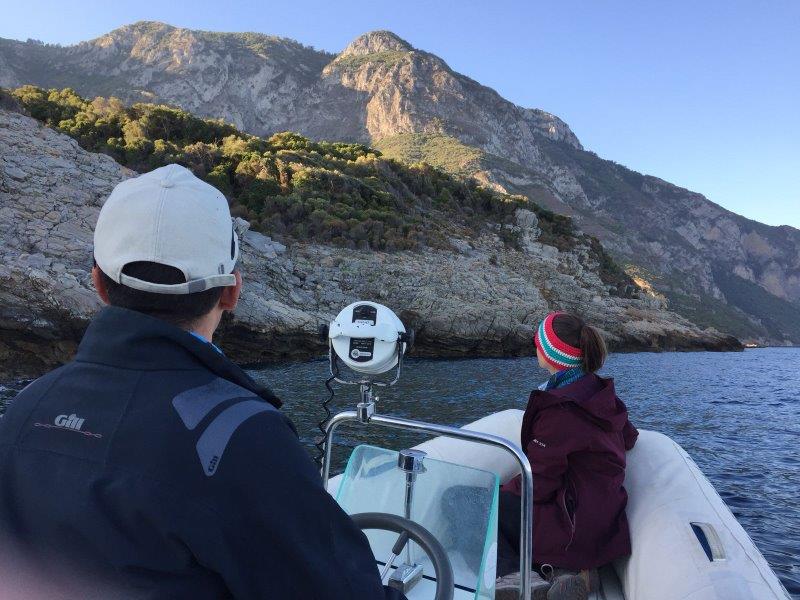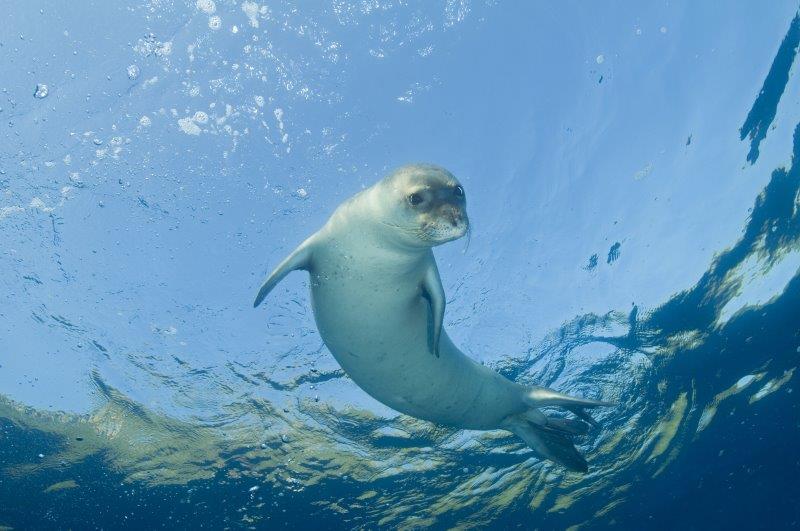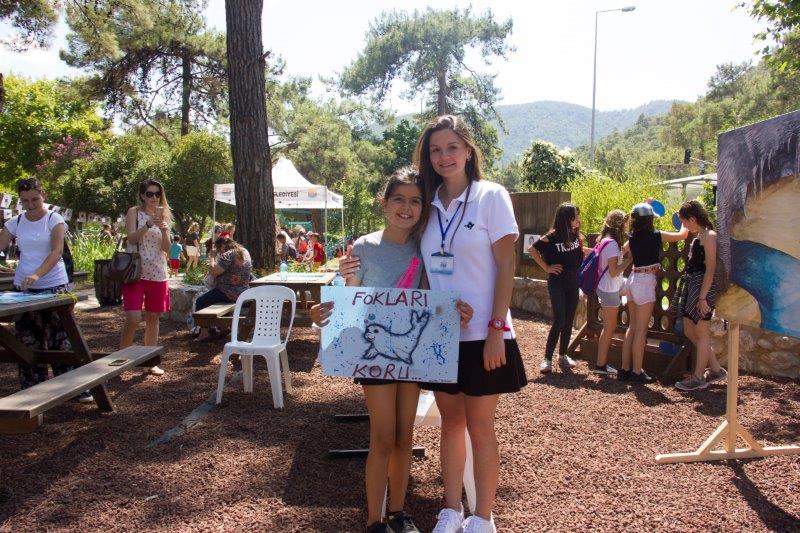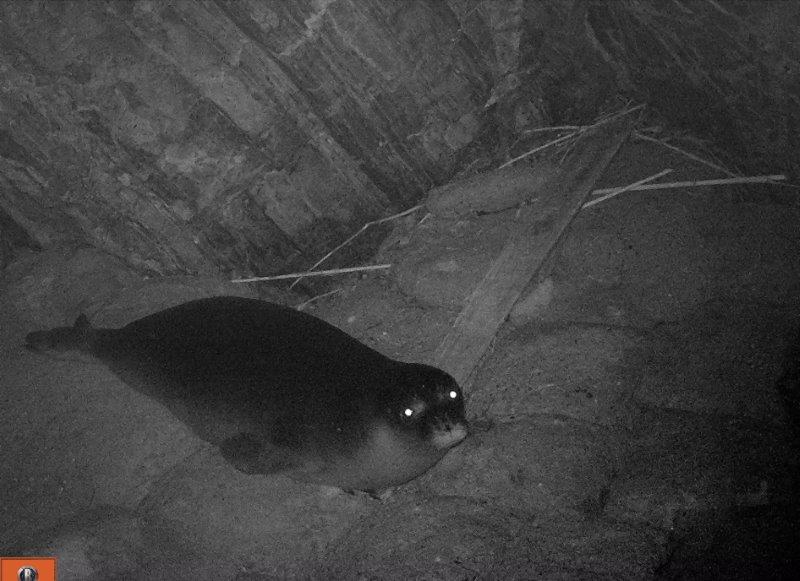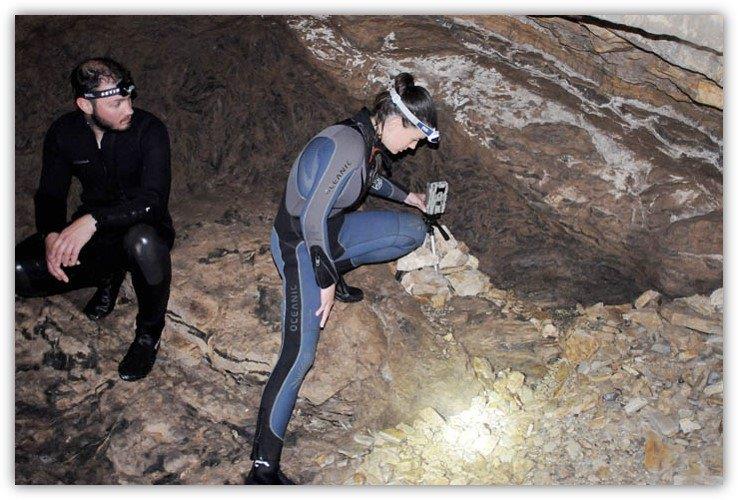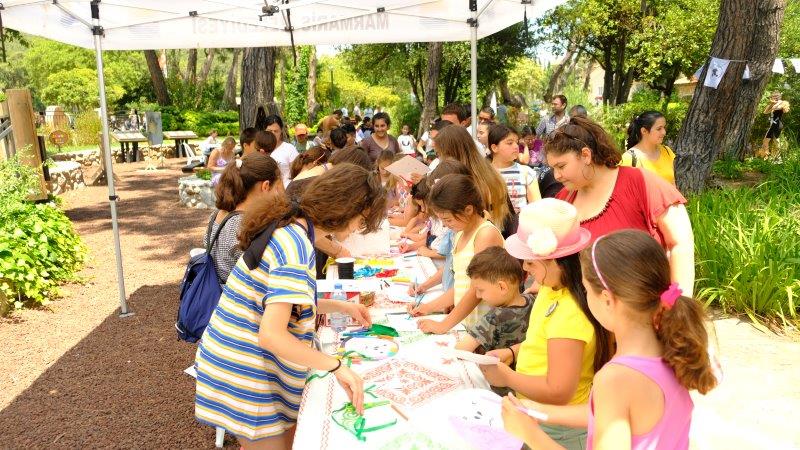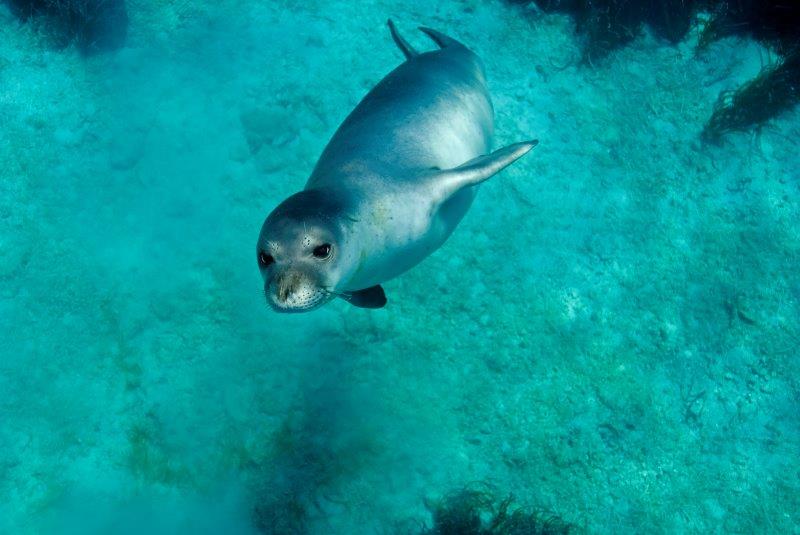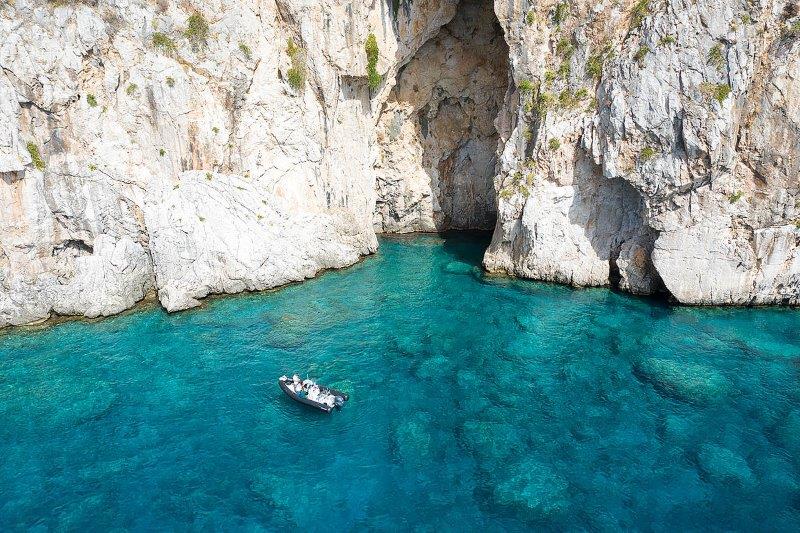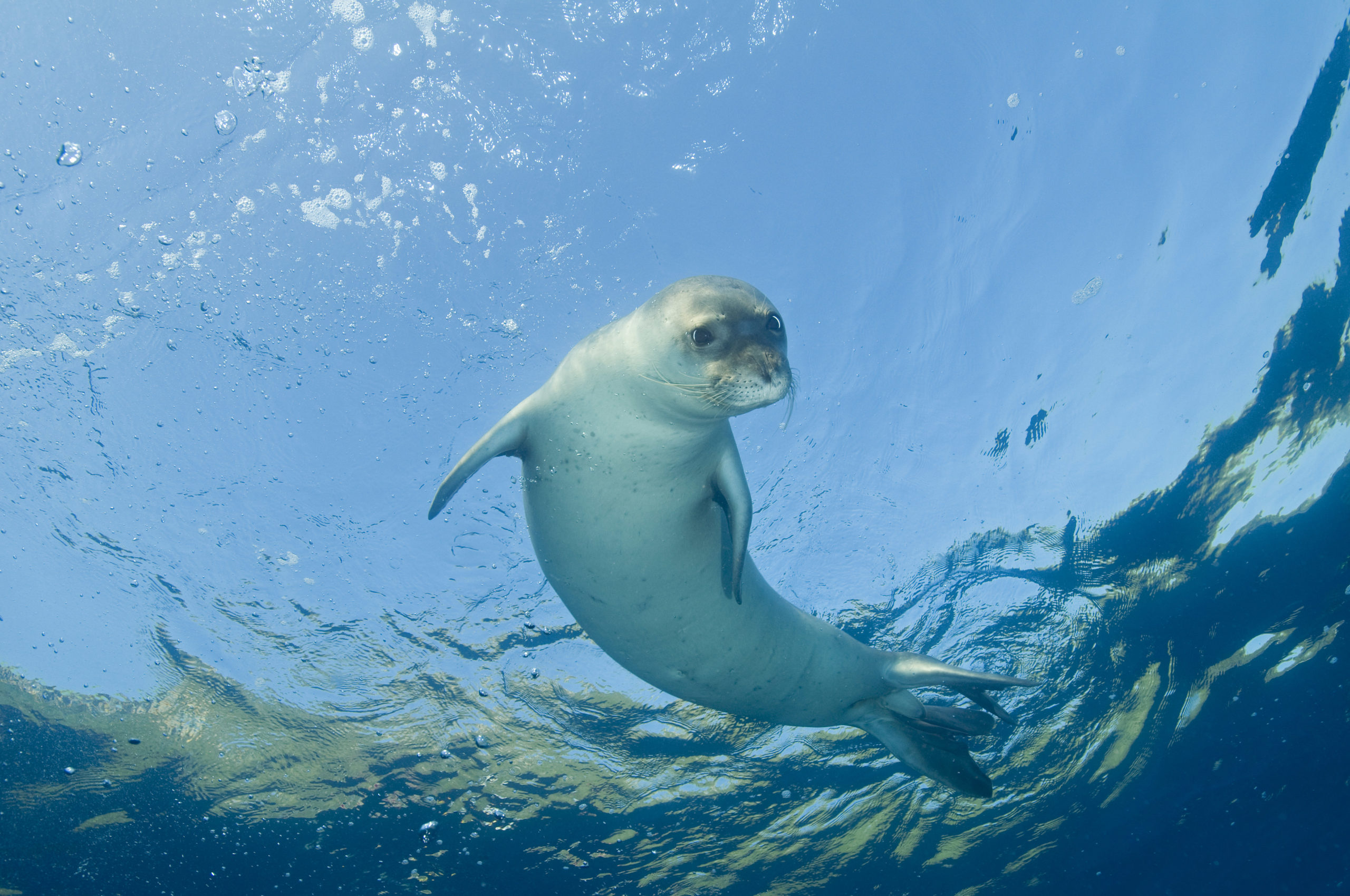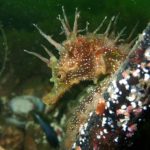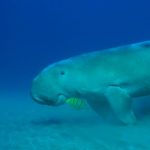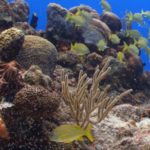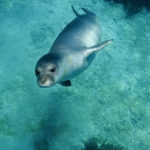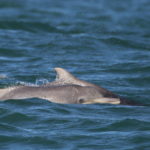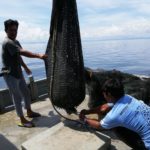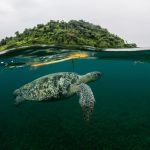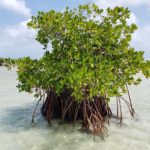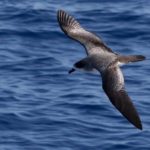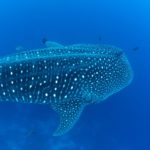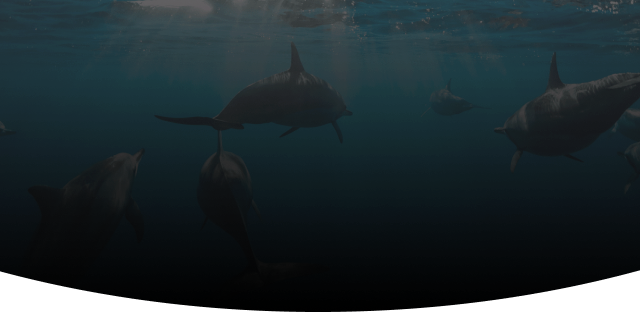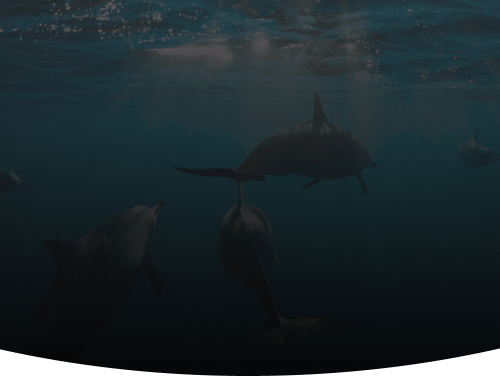Take Action
The Mediterranean Monk Seal Project is protecting a critically endangered and iconic species – the only seal native to the Mediterranean Sea. Mediterranean Monk seals are semi-aquatic mammals, meaning they need land to survive as much as they need water. As their resting place borders the human habitat range, one of their greatest threats to survival is habitat degradation and human-wildlife conflict. With a combination of targeted outreach activities and cave monitoring programs, the team hopes to preserve the Turkish coastline as a safe-haven for Mediterranean monk seals.
What are we fundraising for?
•Awareness events with key stakeholders.
•Cave monitoring equipment.
Why:
•Decreases disruption to monk seal habitat.
•Increases monitoring of monk seal habitat.
Goal: €14.784,00
Donate nowSea the Work
Project budget
Yearly budget: € 14.784,00
Budget secured: 0%
28%
Workforce
5%
Operational
42%
Fieldwork
25%
Awareness & Outreach
Deep dive
The Akdeniz Koruma Derneği, also known as the Mediterranean Conservation Society, is a Turkish NGO established in 2012 with multiple areas of work as an organization. One of their areas of focus is the conservation of the Mediterranean monk seal. These seals are one of the rarest marine mammals in the world and one of only two remaining species of monk seals. And also an iconic species as it is the only native seal species to inhabit the Mediterranean. According to the latest estimates, there are only 600 to 700 Mediterranean monk seals left in the world. Within this population, it is estimated that there are around 150-200 individuals living in Turkey. This makes the Turkish population of Mediterranean monk seals one of the most important and vulnerable subpopulations of the species.
Monk seals live a large portion of their lives on land and close to the coast, using coastal caves to rest and take care of the young. Due to this semi-aquatic nature, they are particularly exposed to serious threats such as habitat destruction, accidental entanglement with fishing gear, deliberate killing, fishing, and marine/land pollution. Human intrusions and pressure are a particular stress factor which can cause them to leave safe coastal areas, and at times abandon their young.
Recognizing that protecting Mediterranean monk seals requires a multi-faceted approach, the Mediterranean Conservation Society is monitoring seal caves with cameras and working with a variety of stakeholders, including touristic boat operators, water sports operators of hotels, local schools, and fishing cooperatives in the project area. You can learn more about these in the areas of work section.
Using a variety of cameras, the MCS is monitoring of the caves on the 710-kilometer coastline from the Gulf of Gökova to Kaş-Kekova. This helps them keep track of when the seals are there, how often they’re there, and which caves they like the most. They’re even figuring out which seals are which so they can keep track of them individually (kind of like a seal ID card). This information helps to identify where the species is exposed to possible dangers in caves and the effects of these dangers, allowing for the planning of conservation efforts to protect the species.
The projects’ current goal is to expand their network of collaborators who make a commitment to respect monk seal habitats. They will also continue their cave monitoring work to surveil the monk seal habitats and better understand how they are used by the monk seals.
